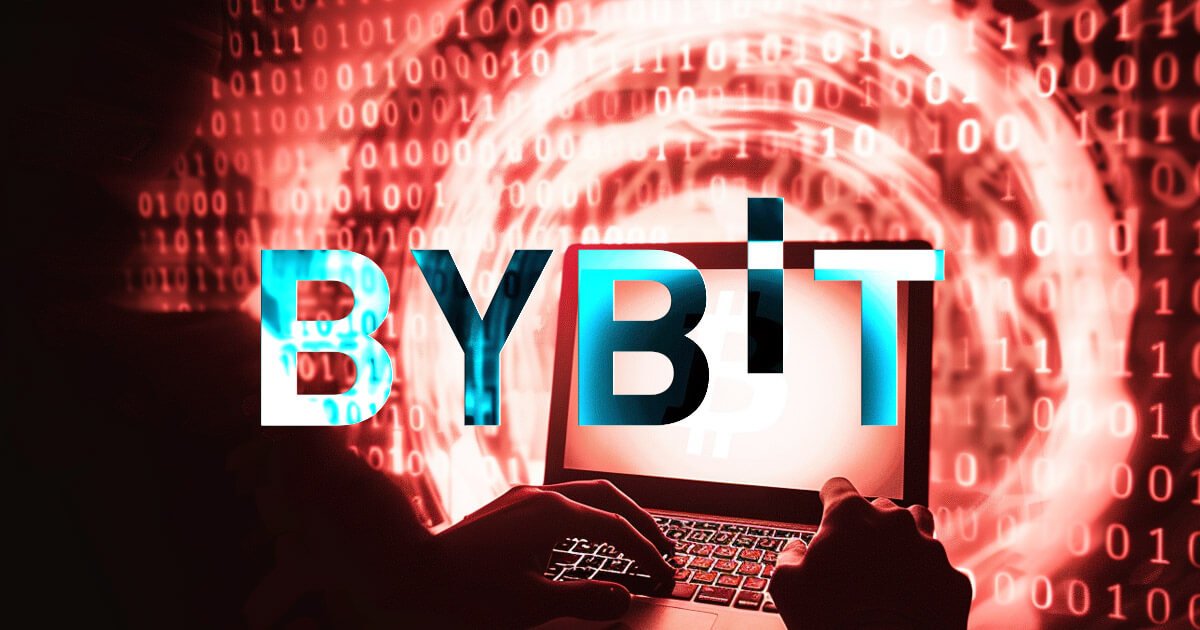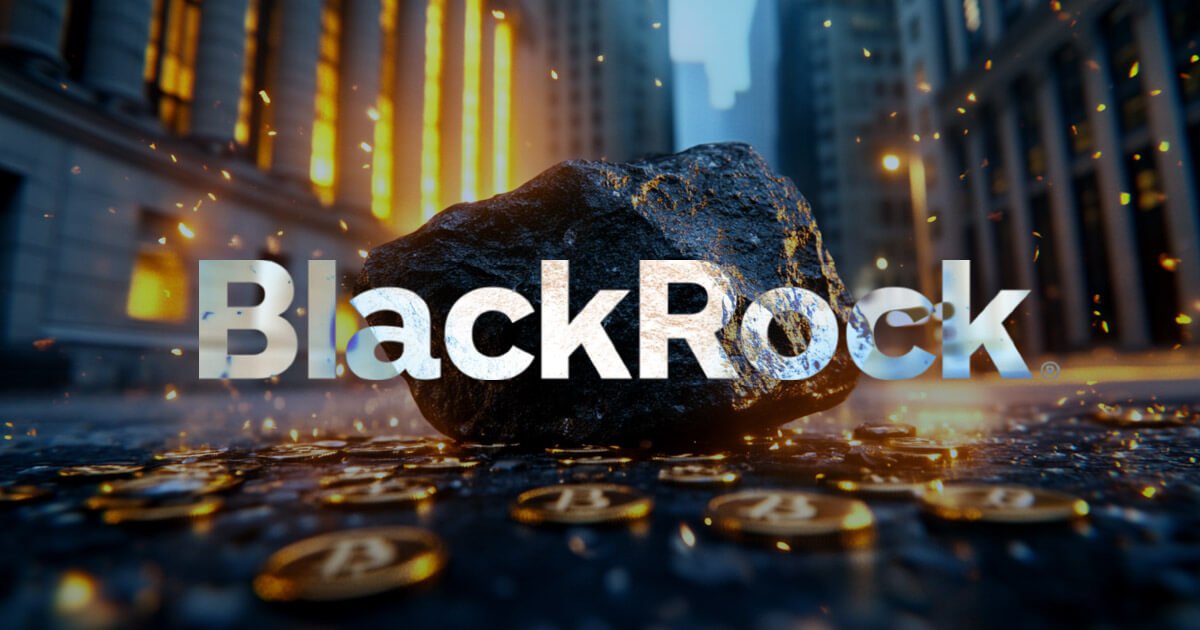
Bitcoin’s present fee environment is primed for activating your UTXO consolidation wallet management strategy. Low fee rates near 1–2 sat/vByte have created a window to merge unspent transaction outputs in anticipation of future fee surges.

Transaction fees are the product of a transaction’s virtual byte size and the fee rate, so consolidating multiple smaller UTXOs now may help mitigate substantially higher costs when fee levels spike. For instance, merging 2 UTXOs at 1 sat/vByte would be multiples cheaper than doing so when the fee rate again reaches 100 sat/vByte.
Data from mempool.space shows a median fee rate of roughly $0.08 per 250 virtual-byte transaction, network throughput at 2.5 transactions per second, down from 7.5 during the 2024 peak congestion, and a mempool backlog under 5MB compared to 500MB during the April 2024 halving.
Historically, fees ranged from 5–20 sat/vByte between 2020 and 2023, surged to 830 sat/vByte during the April 2024 halving, and reached a local high of 15 sat/vByte in January.
UTXO consolidation
UTXO consolidation relies on technical considerations that range from the technical structure of Bitcoin transactions to privacy implications and hardware wallet limitations. Each SegWit input typically consumes about 68 vBytes, while outputs require roughly 31 vBytes, meaning that every additional input proportionally increases the transaction size and its fee.
Wallets containing over 100 UTXOs may encounter quadratic fee scaling and compatibility issues, prompting users to apply selection criteria such as avoiding dust thresholds below 100,000 satoshis. If you hold less Bitcoin in a transaction than it will cost to send it, then it’s not worth moving. These fractions of a Bitcoin are essentially lost.
However, consolidation strategies can be a potential privacy issue if not considered. Mixing UTXOs from distinct sources without appropriate separation can leave lasting markers that blockchain analytics may exploit. Research appropriate Bitcoin privacy methods to ensure consolidated transactions preserve your desired level of privacy.
Managing UTXOs can be done through most Bitcoin wallets by integrating coin control features, such as in Trezor Suite, OKX Wallet, and others.
Major exchanges already incorporate dynamic UTXO management to minimize future fee liabilities. As network throughput remains modest and mempool backlogs are low, the current environment presents an infrequent yet actionable opportunity for users to optimize their holdings. Thus, exchanges moving large amounts of Bitcoin within the current fee environment are likely optimizing Bitcoin holdings rather than moving coins for sale.
When those with the most Bitcoin start moving it around to consolidate UTXOs, it’s worth considering whether you have any small Bitcoin transactions that could benefit from consolidation. Like buying insurance, failing to act now could have unwanted consequences in the future. Choosing not to consolidate transactions when fees are low could theoretically negate the value of a substantial amount of Bitcoin acquired through dollar-cost averaging strategies.
A recurring buyer, for example, who accumulates approximately 0.01 BTC weekly could generate around 52 UTXOs in a year; at current fee levels, consolidation might cost an estimated 7,072 satoshis while avoiding substantially higher fees during network congestion.
The post Now is a great time to consolidate Bitcoin UTXOs to avoid wasting BTC in fees appeared first on CryptoSlate.







